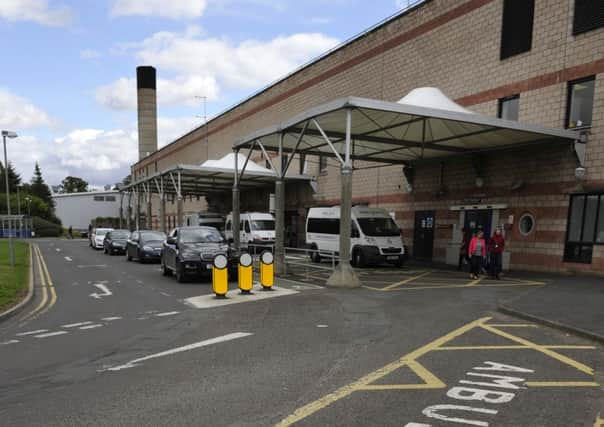Wards are closed at BGH to prevent infection spreading


The situation is being managed by NHS Borders infection prevention and control team with support from frontline colleagues.
Visitors to Ward 12 are strongly discouraged at this time, and relatives and carers are asked to carefully consider their visits to the hospital.
Advertisement
Hide AdAdvertisement
Hide AdThe general advice is to stay away from any hospital ward if you or anyone in your family has experienced symptoms of diarrhoea and/or vomiting in the past 48 hours.
Evelyn Rodger, director of nursing, midwifery and acute services, says: “Norovirus is one of the most common causes of diarrhoea and vomiting illness. It is very infectious and spreads quickly between people. This is why outbreaks happen in hospitals where a number of people are sharing facilities.
“However it doesn’t just occur in hospitals, and can start abruptly and spread quickly through communities. Action by patients, visitors and staff can help support us to deliver safe patient care and minimise the impact of a potential norovirus outbreak, and we are urging visitors to comply with any instructions you are given by staff or you see on signs at the entrances to wards.”
Common symptoms of norovirus are diarrhoea and/or vomiting generally lasting for 12-72 hours. Other symptoms can include headache, fever and muscle aches. Anyone can get the infection and it can be serious in the very young, frail or older people vulnerable to the effects of dehydration.
Treatment in most cases requires drinking more fluids than usual and resting to give the body a chance to fight the infection.